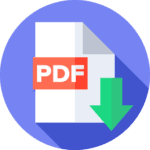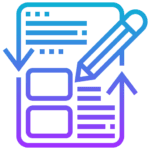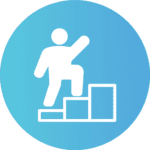UGC NET Paper 1 Courses
Videos | E-Book | Practice Materials | Language – Bilingual
500+
Video Lessons
450+
PDF Notes
6000+
Practice MCQs
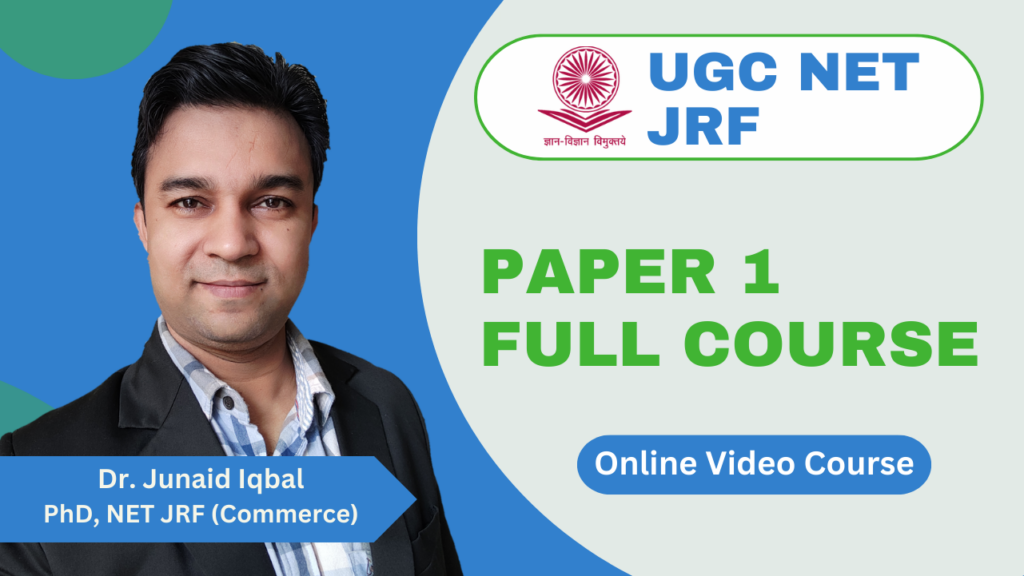
Ucademic Institute Advantages
We offer the flexibility of on-demand learning through video lessons, while live sessions provide personalized guidance and interaction with experienced faculty. The Advantages are:
CHOOSE A RIGHT COURSE

UGC NET Paper 1 Online Course
Use ‘UGCNET24’ for Extra Discount
₹ 2,999
₹ 13,999
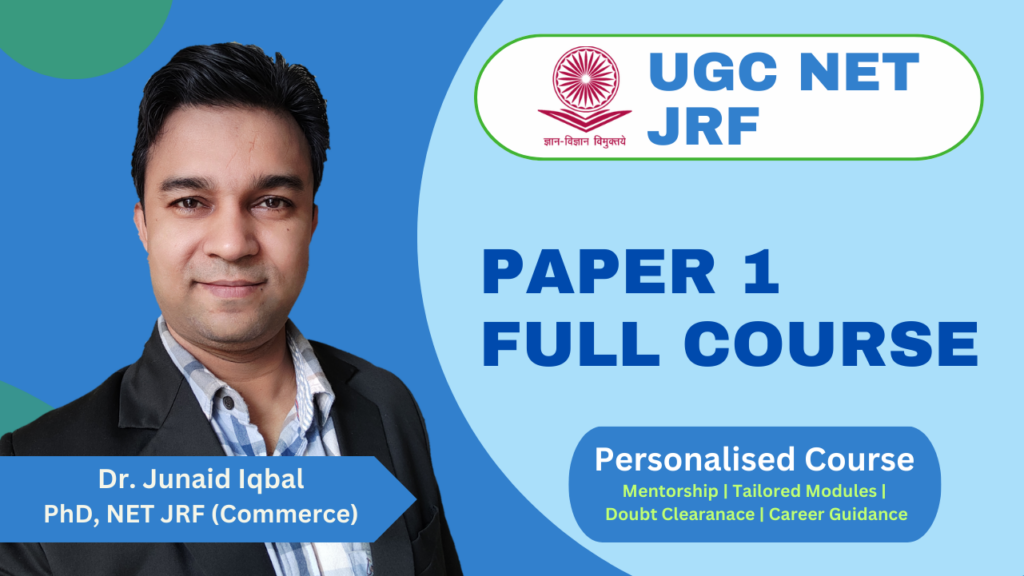
Personalised UGC NET Paper 1 Online Course
Use ‘UGCNET24’ for Extra Discount
₹ 8,999
₹ 19,999
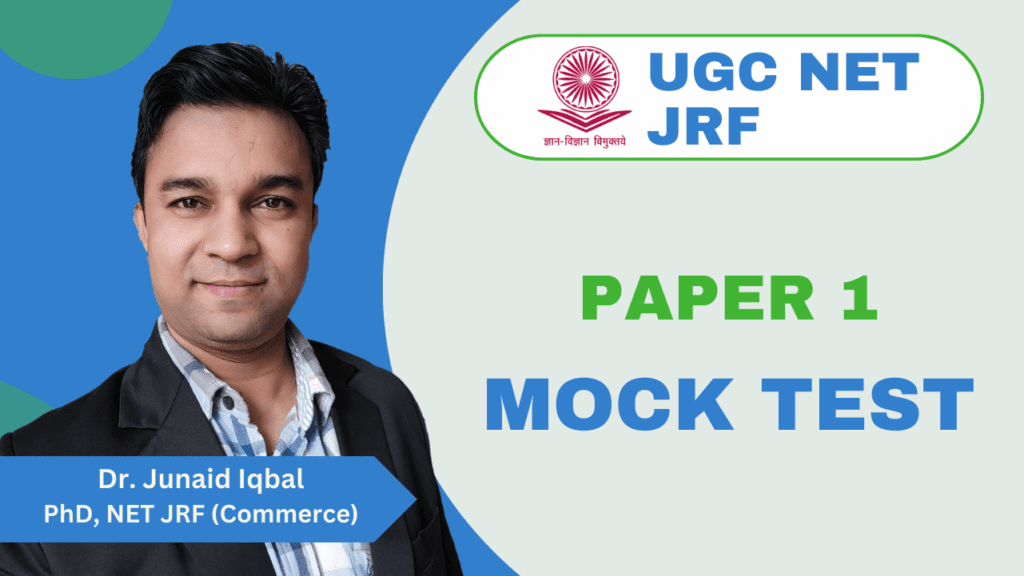
UGC NET Paper 1 Mock Test
60% Discount Offer for June 2024
₹ 799
₹ 1,999
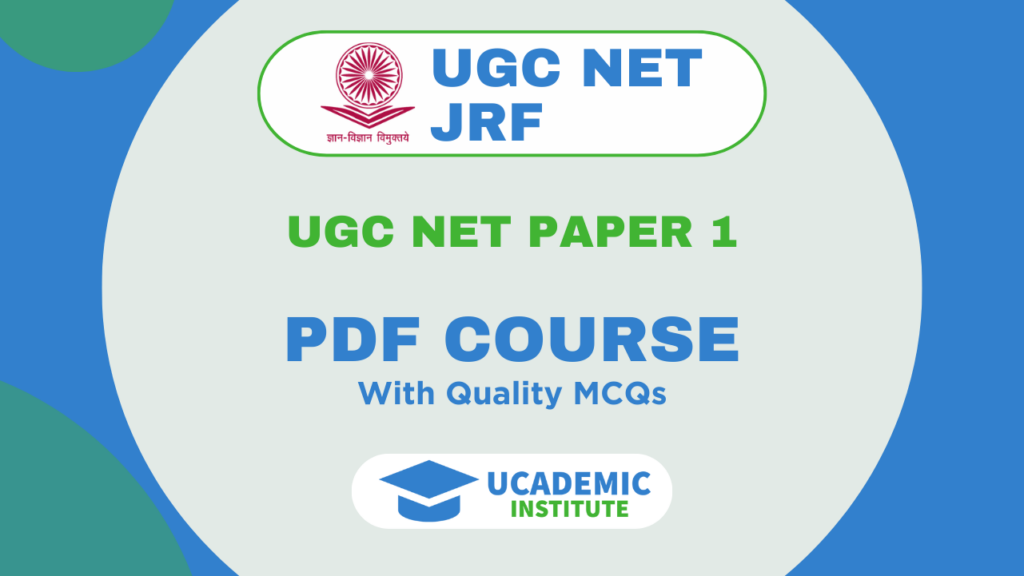
UGC NET Paper 1 PDF Course
76% Discount till March 2024
₹ 299
₹ 1,250
What We Cover (UGC NET PAPER 1)
Trusted by Students




Contact Us
At Ucademic Institute, we are dedicated to turning dreams into reality. If you require our assistance in achieving your goals, please don’t hesitate to get in touch with us:
Call us: 8802676737
Email: info@ucademic.in


